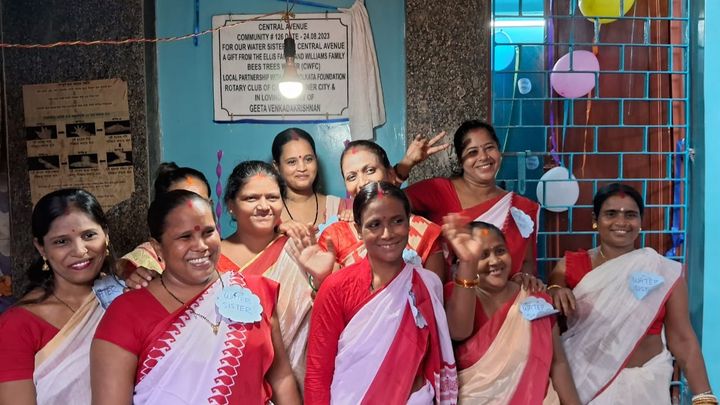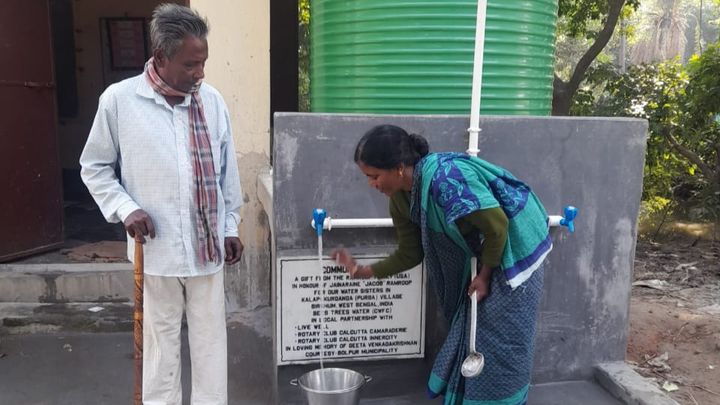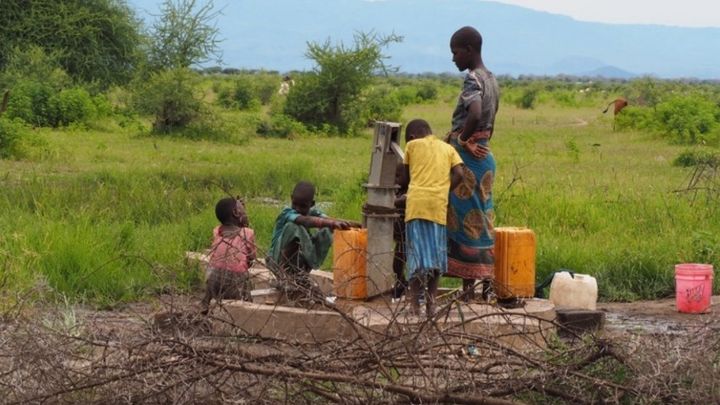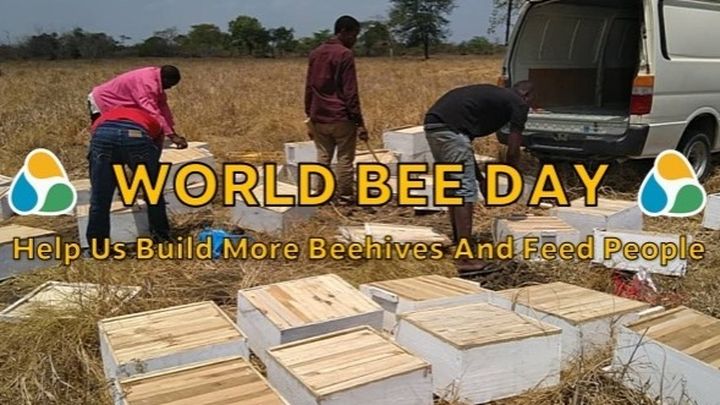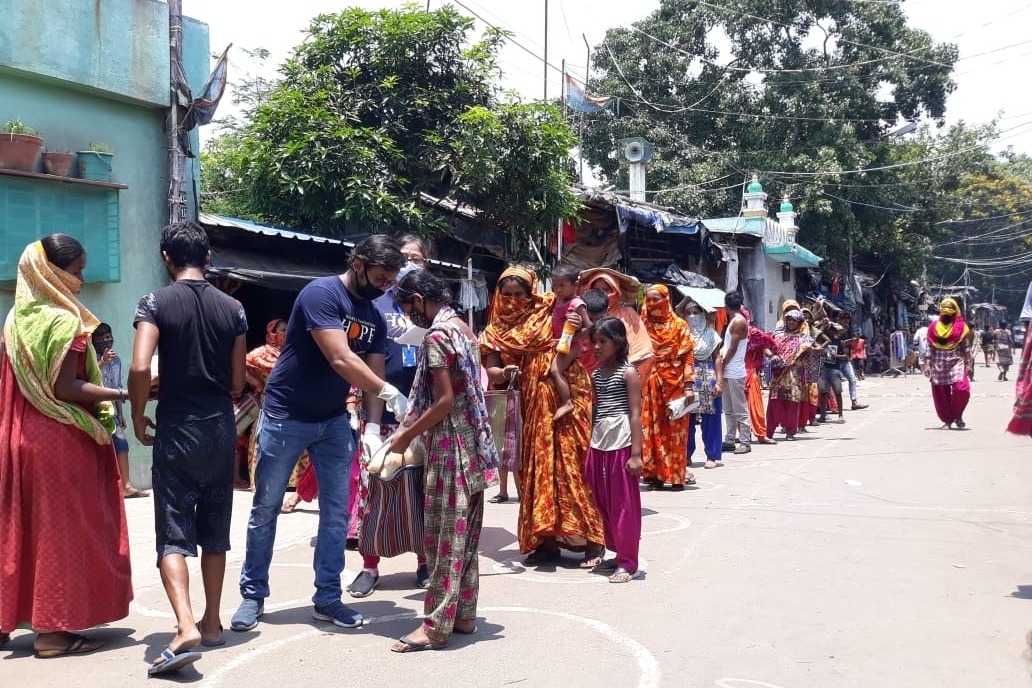Our Mission Statement: Our mission is to serve, empower, and change the lives of people in under served communities by providing access to clean water, and healthier and more ecologically balanced communities.
Name: Maji Uhai (Water is Life)
Goal: $10,000
Community: Luhanga Ward, Mbarali District of Mbeya, situated in the Southern region of Tanzania.
Estimated Population: 11,466 ;
5,854 of which are womenScope: Purchase the below
· Materials needed to refurbish each non-functioning clean water hand-pump well
· 30 trees (Indigenous trees & plants)
· 4 Beehives and beehive equipment
Clean Water Well Refurbishment Project There at 6 broken water wells in the four wards we serve highlighted by the district water engineer as candidates for refurbishment. Refurbishment of existing wells is a less expensive option, considering many of the wells in the Luhanga Ward are not functioning properly.
The “Maji Uhai” program is carried out in the Luhanga Ward, Mbarali District of Mbeye, situated in the southern region of Tanzania. The only sources of water, IF available, are in the same areas as the medical clinics, or public schools. Thus, community members, mostly women, walk or take some form of transport up to 20Km to access a water well. After talking to community members about their experiences, women expressed their fear of traveling to the nearest water well. One of the paths commonly taken is called “Rape Road”. Men know women travel this path unaccompanied and thus target them.
In the Usungu Flats, there are few perennial rivers. When travelling long distances to the nearest water well is not a possibility, women search for surface water they can collect. This surface water is shared by livestock, bathers, and women doing laundry.
If a village is lucky enough to have one functioning fresh water well, women wait, sometimes arriving as early as 3AM, to collect water for their household. Additionally, water supply restrictions sometimes force a charge to be imposed per bucket (20 Liters).
To ensure the best possible health outcomes for communities we serve, it is important to ensure these communities have access to clean and sufficient amounts of water. According to Water UN, “About 44 million pregnant women have sanitation-related hookworm infections that pose a considerable health burden in developing societies. Without safe drinking water, adequate sanitation, and hygiene facilities at home and in places of work and education, it is disproportionately harder for women and girls to lead safe, productive, and healthy lives.”
Reforestation Project The reforestation aspect of the project is extremely important in reinvigorating the environment and communities surrounding the well.
The wells mentioned above are currently surrounded by dry aired land that has degraded due to over farming, deforestation for fuel sources, and reliance on land due to impoverished communities. Every year, the land is continuously used to the extent that the water wells have little to no tree coverage. Studies show that intermediate tree coverage can increase and maintain the available ground water. Thus, Management such as species selection can be used as a tool in recharging the groundwater.
Our goal is to plant 30 trees per project, and various shrubs/flowers that can be a source of food for Bees.
Beehive Project In the area surrounding each refurbished water well reforestation area, our goal is to set up 4 to 6 beehives per community.
Beekeeping is the science and art of housing and breeding bees using the most efficient practices. Beekeeping is vital for the production of honey, beeswax, propolis, pollen, royal jelly, and bee venom; all beneficial for food, medicine, and income. Honeybees also provide pollination services, thereby playing a vital role in food production and overall agricultural productivity. Over 75% of all the crops in sub Saharan Africa benefit from pollination. During a single day, one bee may visit several hundred flowers, an indication of how important and beneficial bees are to local farmers. Bees, in turn, create high yields for the local communities. Beekeeping is a non-destructive activity that could be employed in the conservation of biodiversity in protected areas. Farmers will realize that vegetation is a source of forage for bees and will guard against the destruction and be encouraged to plant more plants for supplying pollen and nectar. Throughout this process, many plants are conserved and as a result, the rehabilitation of these agricultural lands will be in full effect.

